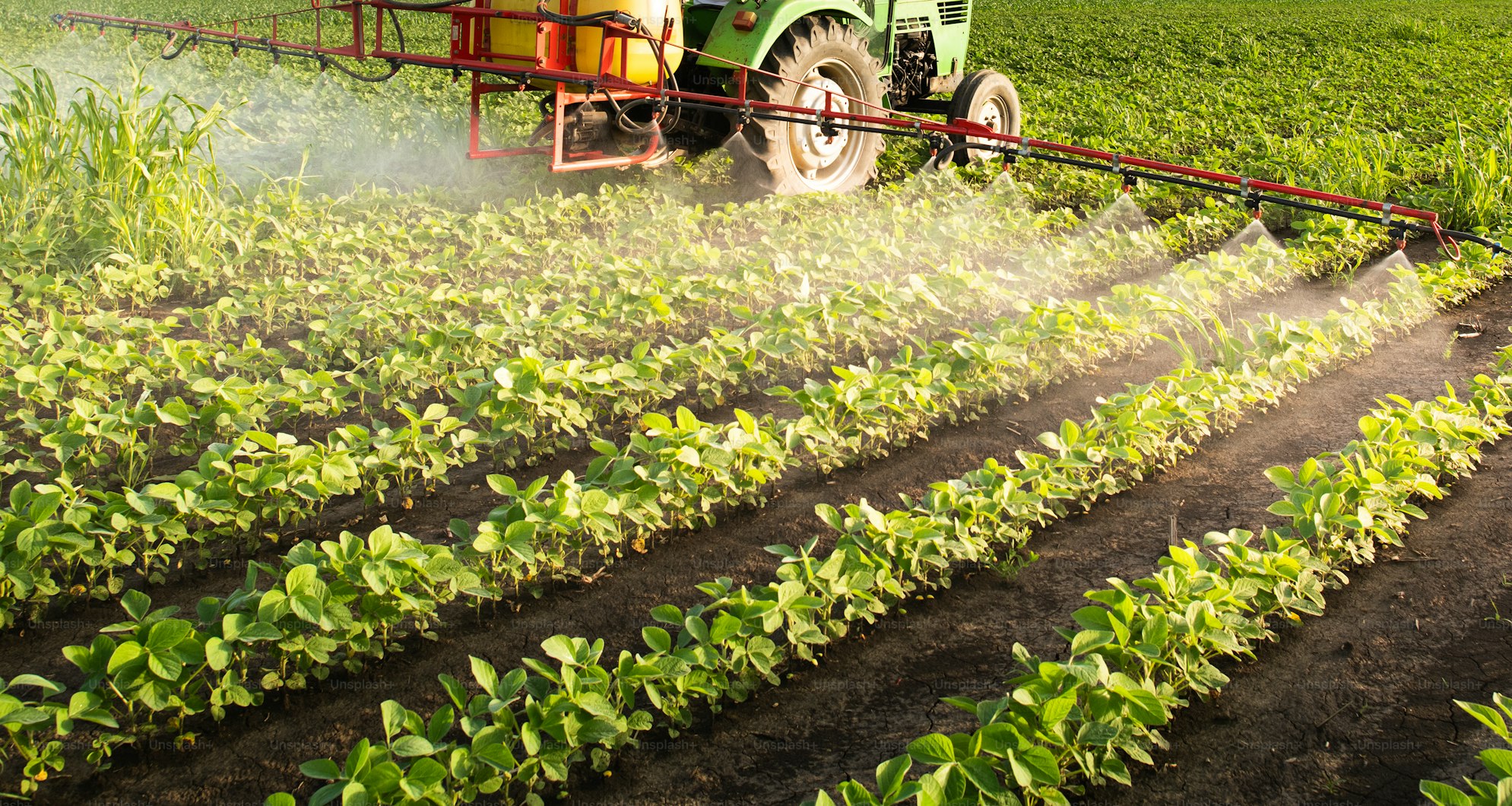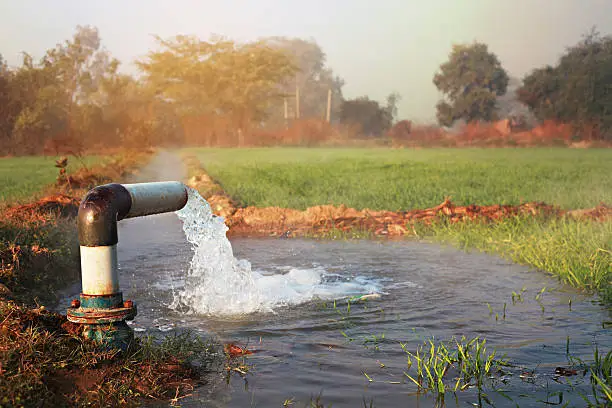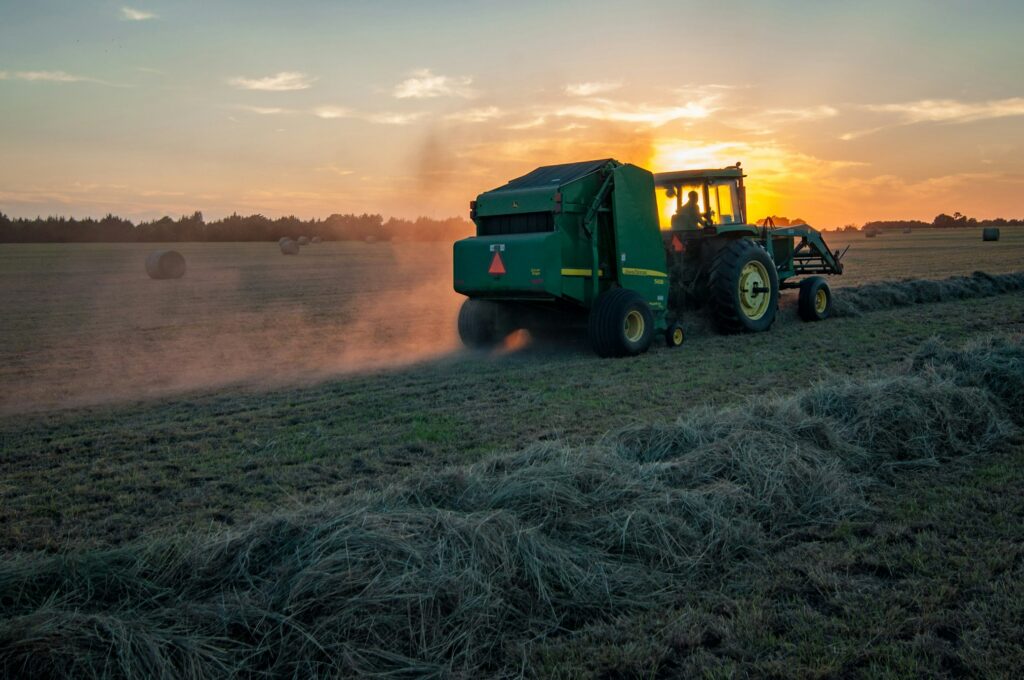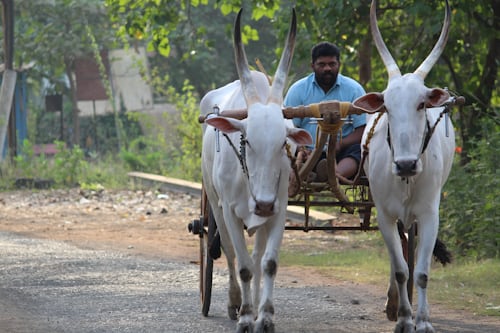- HOME - CAMPAIGN DETAILS
Agricultural Development
Empowering Farmers, Nurturing Growth
Agriculture is the backbone of rural economies and a vital source of livelihood for millions. At Samantar Foundation, we are dedicated to advancing sustainable agricultural practices that empower farmers, boost food security, and support economic growth in rural areas. Our Agricultural Development Campaign focuses on modern farming techniques, resource management, and community-led initiatives that improve crop yields, reduce environmental impact, and foster self-sufficiency.
Join us in supporting sustainable agriculture that feeds communities and preserves our planet. Together, we can cultivate a brighter, more resilient future for farmers and their families.

Benefits of Supporting the Agricultural Development Campaign
- Improves Crop Yields and Food Security
- Benefit: Providing farmers with access to modern farming techniques, quality seeds, and training helps increase crop yields.
- Outcome: Higher productivity strengthens food security, ensuring communities have access to nutritious food throughout the year.
- Promotes Sustainable Farming Practices
- Benefit: Encouraging practices like organic farming, crop rotation, and water-efficient irrigation helps reduce environmental impact.
- Outcome: Sustainable agriculture conserves natural resources, improves soil health, and promotes long-term agricultural viability.
- Reduces Poverty and Boosts Rural Economies
- Benefit: Enhanced agricultural productivity improves income levels for farmers, reducing poverty in rural areas.
- Outcome: Increased income strengthens local economies, creating a positive ripple effect on community development and quality of life.
- Enhances Climate Resilience in Farming
- Benefit: Training farmers on climate-resilient practices like drought-resistant crops and soil conservation prepares them for climate challenges.
- Outcome: Resilient farming practices help communities adapt to climate changes, reducing the risk of crop failure and income loss.
- Supports Agricultural Innovation and Technology
- Benefit: Introducing innovations like precision farming, agro-tech tools, and improved pest management enhances productivity.
- Outcome: Technological advancements make farming more efficient, empowering farmers to achieve better results with fewer resources.
- Empowers Women and Youth in Agriculture
- Benefit: Focusing on skill development and support for women and young people encourages their active participation in agriculture.
- Outcome: Involving women and youth in agriculture not only diversifies income sources but also fosters inclusive growth in rural areas.
Agricultural Development Types

Sustainable Farming Practices
Sustainable farming focuses on practices that protect soil health and biodiversity while reducing environmental impact. Techniques like organic farming reduce chemical dependency by using natural fertilizers and pest control, while conservation agriculture, with minimal tilling and crop rotation, preserves soil structure. Agroforestry, the practice of integrating trees into farmland, adds another layer of sustainability, providing shade, improving soil, and enhancing biodiversity to support long-term farm productivity.

Water Resource Management
Effective water management is crucial for resilient agriculture, especially in water-scarce regions. Irrigation development, such as drip irrigation, optimizes water usage and reduces wastage. Rainwater harvesting structures collect and store rainwater for drier periods, ensuring consistent crop hydration. Watershed management initiatives also help control erosion, improve water quality, and replenish groundwater, creating a reliable water supply for agriculture and local ecosystems.

Crop Diversification and Improved Varieties
Crop diversification mitigates risks associated with single-crop dependency by encouraging farmers to grow multiple types of crops, making farms more resilient to market fluctuations and climate shocks. Distributing drought-resistant and pest-resistant seed varieties further strengthens crop resilience, enabling farmers to maintain productivity in changing climatic conditions and reducing losses due to pests and extreme weather.

Soil Health Improvement
Healthy soil is essential for productive agriculture, and soil testing can provide critical data for balanced fertilization. By analyzing soil nutrient levels, farmers can apply only the nutrients needed, promoting optimal growth. Additionally, practices like composting and vermiculture improve soil organic content, reduce dependency on chemical fertilizers, and support sustainable crop growth by enhancing soil structure and water retention.

Farmer Training and Capacity Building
Empowering farmers with modern knowledge and skills is key to sustainable agricultural growth. Training programs educate farmers on advanced farming techniques, post-harvest practices, and even climate adaptation strategies. Workshops help them understand how to conserve water, adopt climate-resilient crops, and manage resources effectively, equipping them to increase productivity and withstand environmental challenges.

Climate-Smart Agriculture
Climate-smart agriculture involves practices that enhance resilience to climate change while reducing emissions. This approach promotes techniques like reduced tilling, cover cropping, and carbon farming to capture CO₂ and maintain soil health. By implementing climate-resilient strategies, farmers can sustainably increase productivity, reduce environmental impact, and adapt to climate variability.
